WordPress and SEO make a powerful combination. While WordPress is the #1 CMS platform, SEO is the most cost-effective digital marketing technique to drive organic traffic to your website.
WordPress provides you with many benefits, top among them being a broad range of plugins and an array of themes to build a website of your choice.
WordPress is easy to use, manage, update and maintain. The best part, it offers enhanced security options, which ensures your website data and customer information is safe at all times.
Apart from making content management easy, WordPress also helps make your website SEO-friendly. Thus, if you are wondering what makes WordPress a perfect Content Management System for SEO, then below are a few reasons that will help you decide better.
Reasons Why WordPress is the Best Content Management System for SEO
# Focuses on User Experience
User experience is of prime importance and one of the first things that should be taken care of while building a website.
WordPress has attractive themes and plugins that work together to make the website look professional and user-friendly.
It makes sure that the users enjoy their experience on the site and want to stay longer, decreasing the overall bounce rate.
More page reviews, high conversion rates, increase in subscriber numbers are a few metrics that indicate a good user experience.
With WordPress, you can structure your site methodically, making navigation easy. Enhanced navigation will not only lead to improved user experience but also make website indexing easier for search engine robots.
# Clutter-free Permalinks
Permalinks are the URLs of your website that can be edited easily with WordPress. You can do so by going to the settings and giving it the format you please.
The beauty of editing your permalinks is that you can swiftly plug keywords into the URL. This not only makes the URL simple, relevant, and informative but also helps improve search rankings.
It is always better to have permalinks that are simple and easier to remember than the default complex ones.
When you customize a permalink, it also becomes easy for the search engine and visitors to determine the topic of your article from the link.
Permalinks can also increase the CTR (Click-through Rate), which is a win-win situation.
# Adding Metadata Automatically
Metadata is a snippet or a small summary of the content that you can see under the page title that appears on the Google search result page.
It gives a brief description of the content within a blog post or a web page to the search engine bots as well as the audiences who look up your site.
The use of SEO titles and meta descriptions helps improve how search engines interpret the relevance of your site.
Metadata helps search engine crawlers to understand what your web pages are all about.
Adding relevant keywords to your metadata will make your site more likely to rank for those keywords. You can use the Yoast SEO plugin that helps you to add metadata for all your pages and posts.
# Add H-tags and Post Tags
To improve readability, using H-tags for content is important. As a content management system, WordPress makes it easy to add H1 tags to your content. This, in turn, helps improve engagement, improving rankings.
Likewise, it helps you to group related posts under a tag. For example, if a user wants to view all articles under SEO, he could click on the SEO tags to view all. This again helps with user engagement and drives traffic.
# Simple Optimization of Images for SEO
Images are crucial to your blog posts as they help break up the monotony of text, making the blog interesting and readable,
which helps keep the reader hooked to your content. Images are also a powerful SEO factor that can help you rank a page/post on Google Image Search.
WordPress makes it easy to add ALT text (alternative text) to all images. You can also add captions, and the description can include the target keyword, which can help with Image SEO.
ALT text makes it easier for search engine crawlers to understand the context of the image in your article.
It also leads to accurate indexing, which helps bring referral traffic to your site from Image Search. Apart from driving engagement, well-optimized images also help boost the website’s speed and performance.
# Site Speed
Google has included site and page speed as a ranking factor. In fact, it considers page speed specifically because the faster a page loads, the better the user experience, leading to reduce bounce rate and improved ranking.
Remember that the ideal site speed should be three seconds or less. If it takes more time to load, it can result in a drop in your site rankings.
Plus, it impacts your brand’s credibility. WordPress offers amazing plugins that act as catalysts to your site speed.
From plugins for caching to optimizing images to compression of media files, you can take your pick and get started with optimizing your website.
Also, don’t forget to clear spam and clean your database to improve the site’s performance.
Read: Ways To Make Website Load Faster & Improve Performance
# Mobile Optimization
Mobile usage has grown rapidly in the past years. It has been ever-evolving, and if you know better, you would already be trying to gain traction online for mobile users.
This means that your site needs to be mobile-optimized theme. If you are using WordPress to power your site, then you don’t need to make any extra efforts because most WordPress themes are already optimized for mobile.
A responsive website ensures your site renders beautifully across all devices and browsers. It will also lead to faster and more accurate indexing. Just ensure your site loads quickly, is user-friendly, and has intuitive navigation on mobile to enjoy higher rankings.
# Integrates Your Campaign with Social Media
While social media may not influence the ranking of your website directly, several links that you share on different social media platforms help increase your brand visibility and get you more traffic.
If you can engage your audience on social media, your site’s traffic will get better because the more social shares your site has, the more likely it is to reach your desired target audience.
It really matters how your brand engages with the audience online, and how users talk about it. Their opinions act as testimonies for your brand because those conversations influence the search ranking.
WordPress manages to ace this field again. It provides plugins that you can use to maximize your social exposure.
You can use them to automate ads, campaigns, get shares from visitors, and many more. Also, to boost engagement, ensure that all your posts have a social media share button.
#WordPress SEO Plugins To Use
- Yoast SEO: This is an excellent plugin to optimize your website for search engines. It helps you generate an XML sitemap for all website content. It also makes adding metadata (SEO titles and meta descriptions) to your web pages/posts easy.
- W3 Total Cache: With 1 million active installations, this is a powerful caching plugin that helps boost your site’s overall performance by 10x.
- Broken Link Checker: Broken links (404 error pages) on a website can impact user experience, leading to a high bounce rate. With the Broken link checker plugin, you can easily identify and rectify internal & external broken links, thereby improving the user experience.
- Squirrly SEO: This plugin helps you create more user-focused content. It also helps with keyword research and SEO audits. The best part, this plugin can be used alongside the Yoast SEO plugin to improve the site’s ranking.
- Really Simple SSL: Having an SSL certificate for your website is essential from both a safety and SEO perspective. The Really Simple SSL can help you enable an SSL certificate for your website at a click of a button, making your site HTTPS compatible.
- Rank Math: To increase website traffic, use the Rank Math plugin. It helps with keyword research, schema markup and offers smart link suggestions. Its AI-enabled feature helps you to write SEO-optimised content. What’s more, it helps with Google Search Console integration, social media optimization, and offers advanced SEO analysis.
- WP Rocket: Another best caching plugin, WP Rocket is a great tool to reduce page load time and improve website performance. It is easy to use, offers page and browser caching, and GZIP compression. Plus, it is compatible with most WordPress themes and plugins.
- Redirection: This is another important WordPress SEO plugin that can help you manage your redirects. Apart from the 301 redirect functionality, the Redirection plugin also helps you keep track of 404 errors and other issues.
- ShortPixel Image Optimizer: This is a freemium image compression plugin that helps optimize and compress images on your website. It offers a bulk image optimization option and works on PNG, JPG, GIF, and PDF documents.
These are just a few reasons why you should consider using WordPress for building a website. Apart from helping you with on-page SEO, WordPress also helps you with content management and social media.
Its various plugins can also help you with paid campaigns, email marketing, among others.
Thus, build a WordPress website today, and make use of the SEO plugins mentioned above to optimize your website for users and search engines.
Read More:
- The Ultimate Guide to On-Page SEO Tutorial (Updated)
- The Ultimate Guide To Keyword Research For SEO (Updated)
- How to Write an Article with SEO Keyword Optimization?


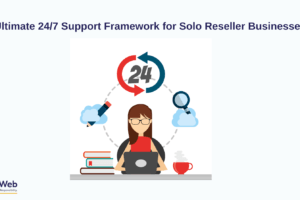





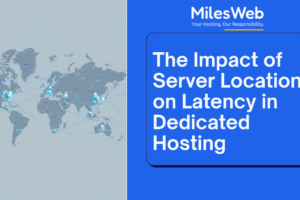

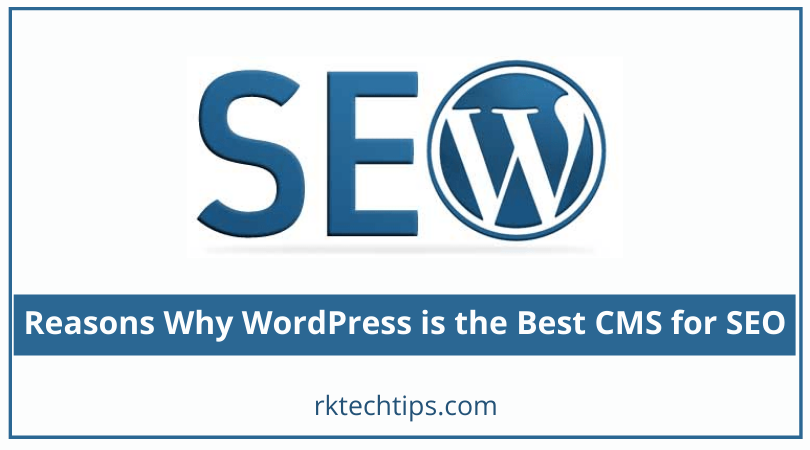
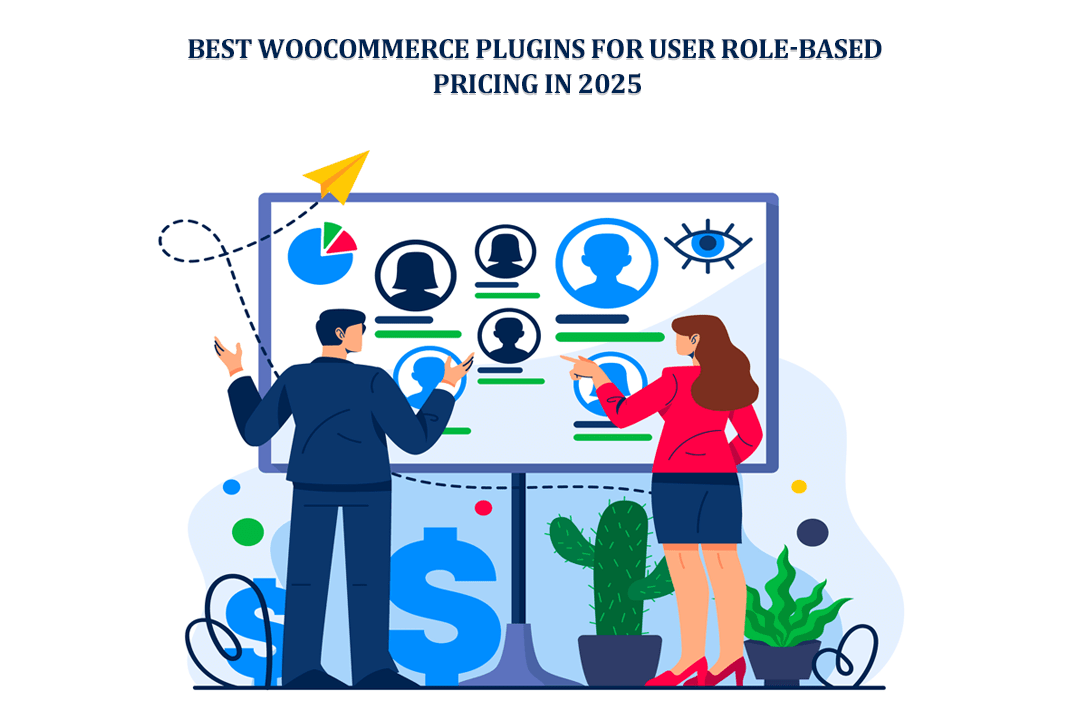
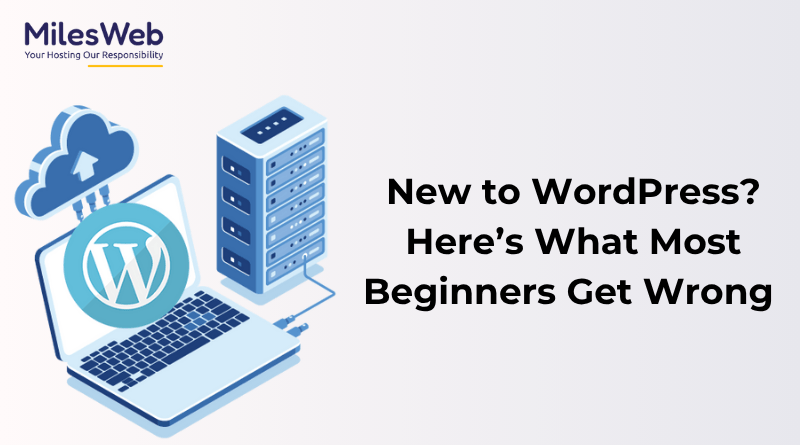
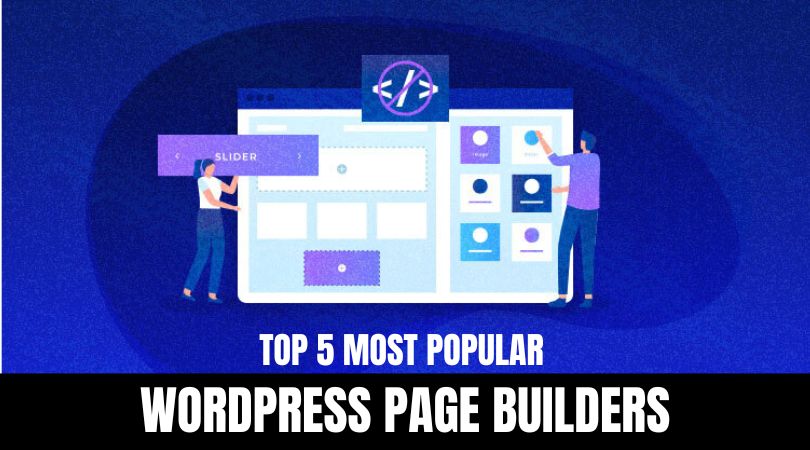

Re Search Engine Optimization What is the easiest method of Search Engine Optimization in 2022?